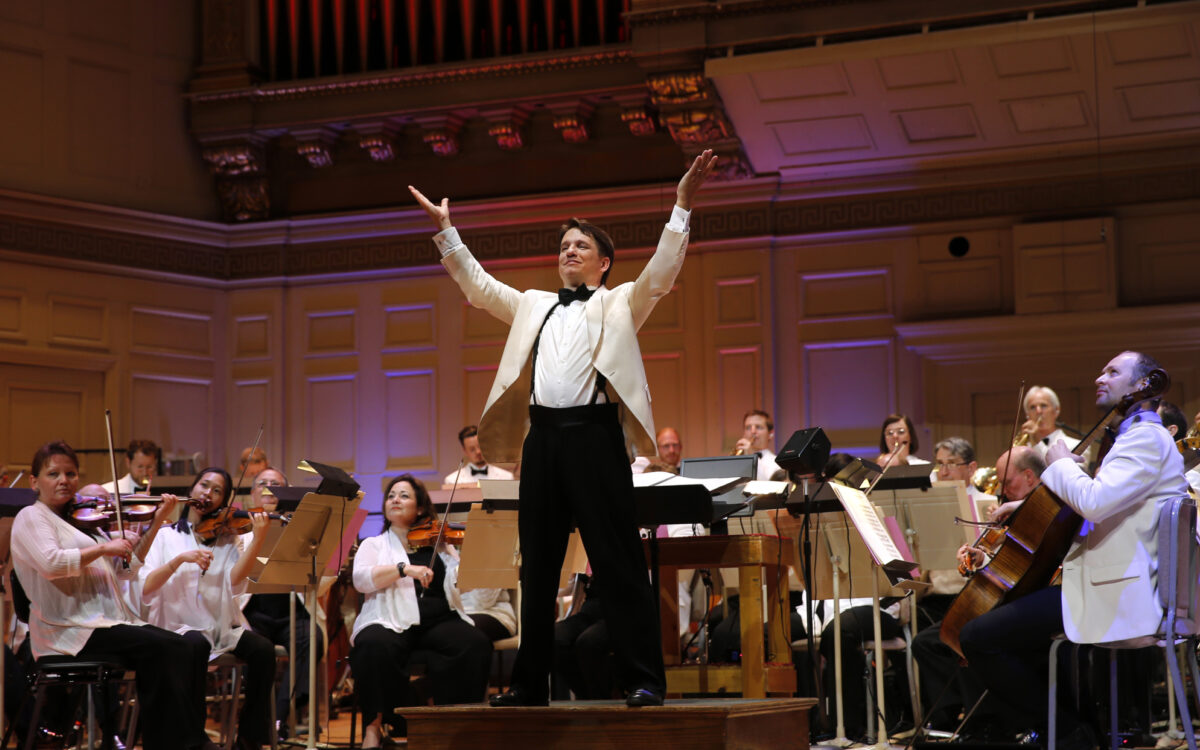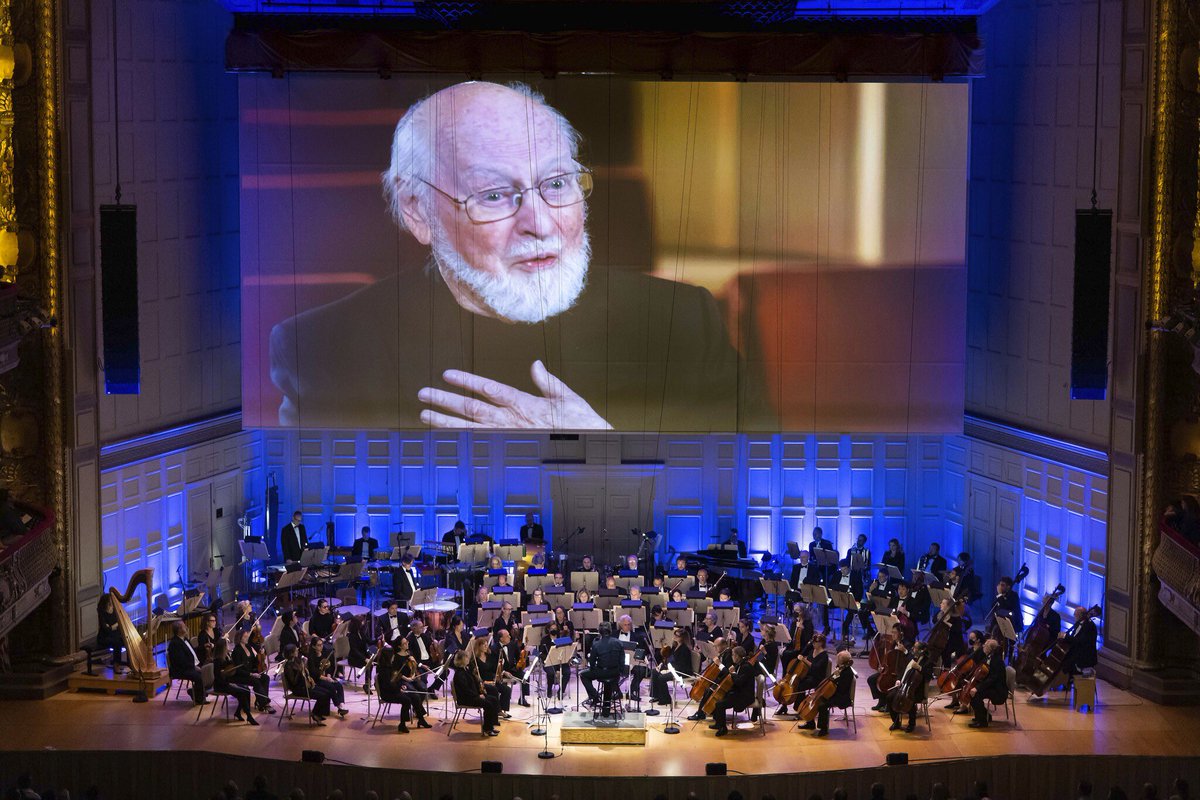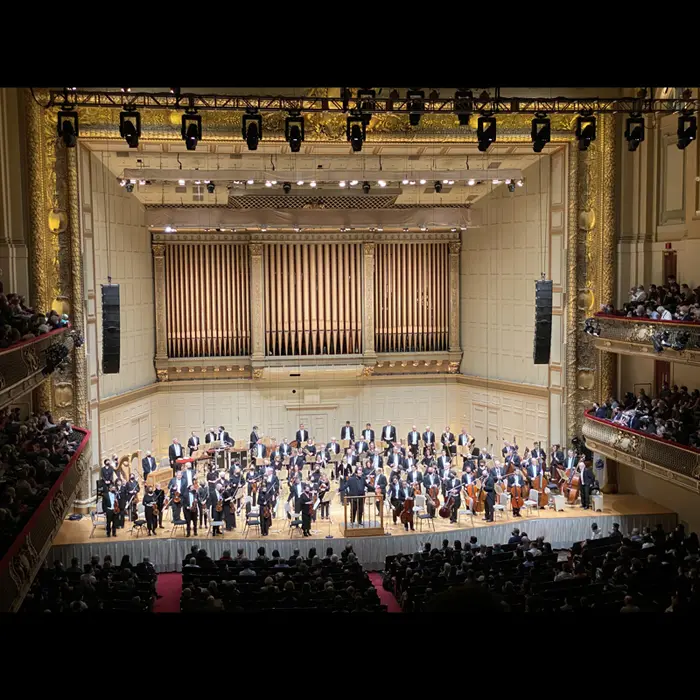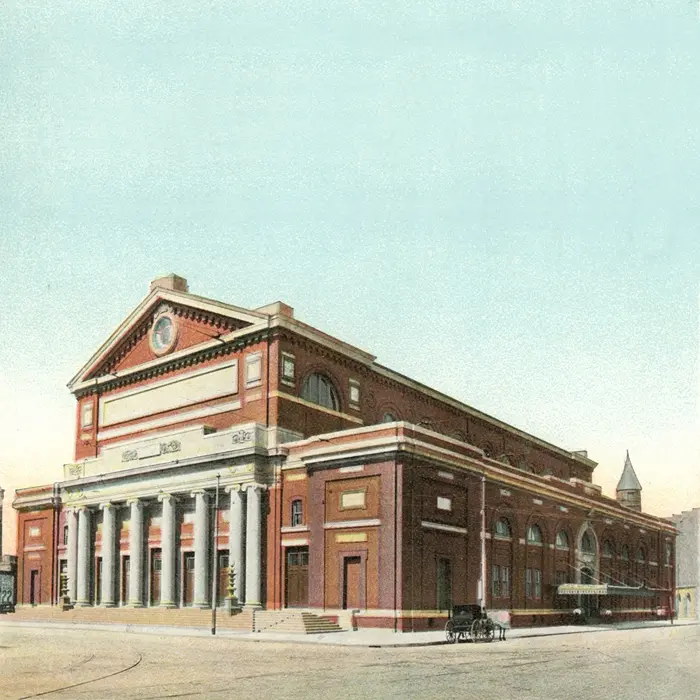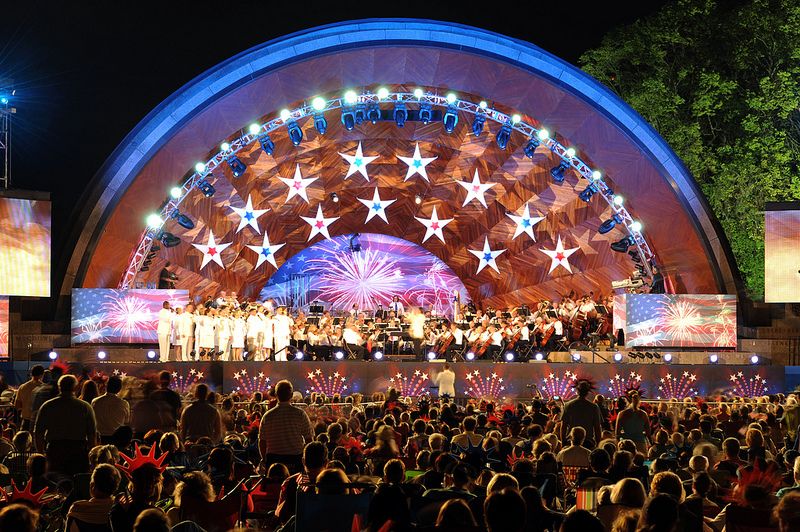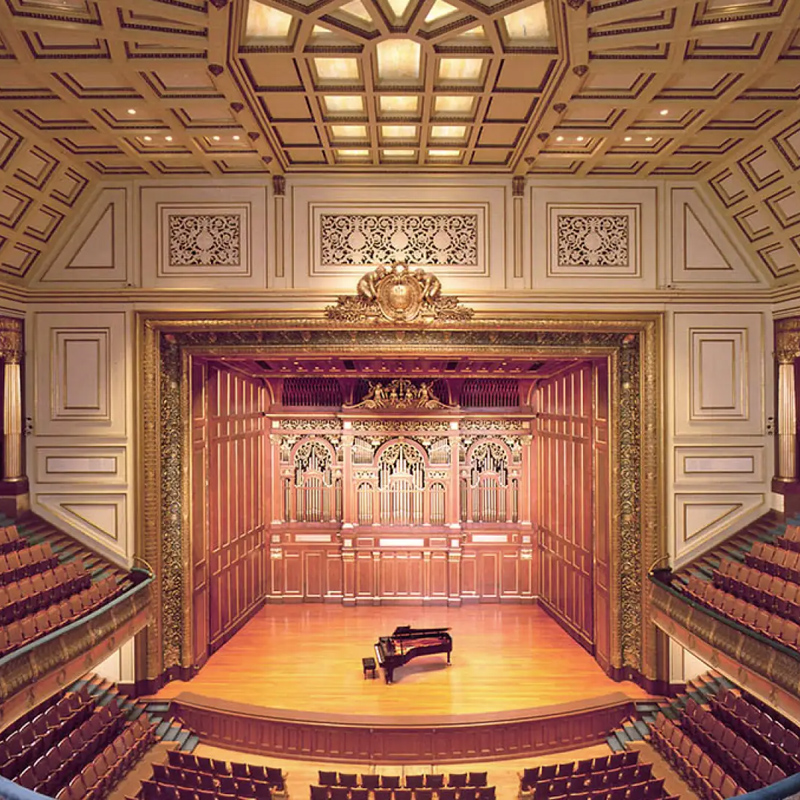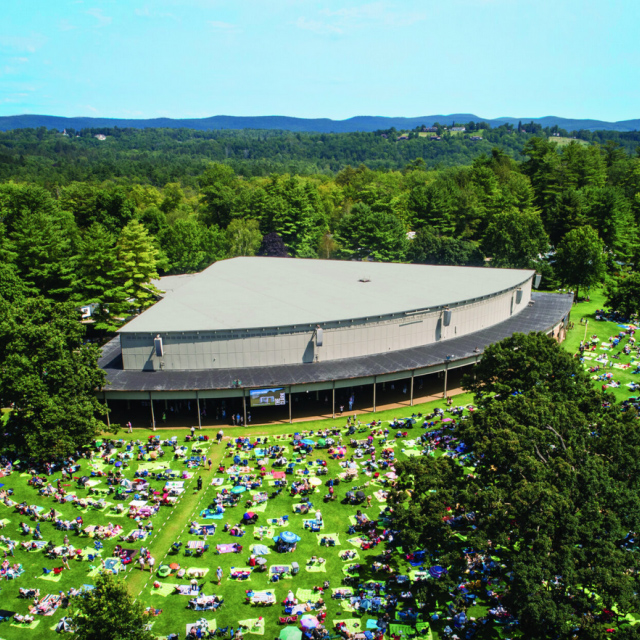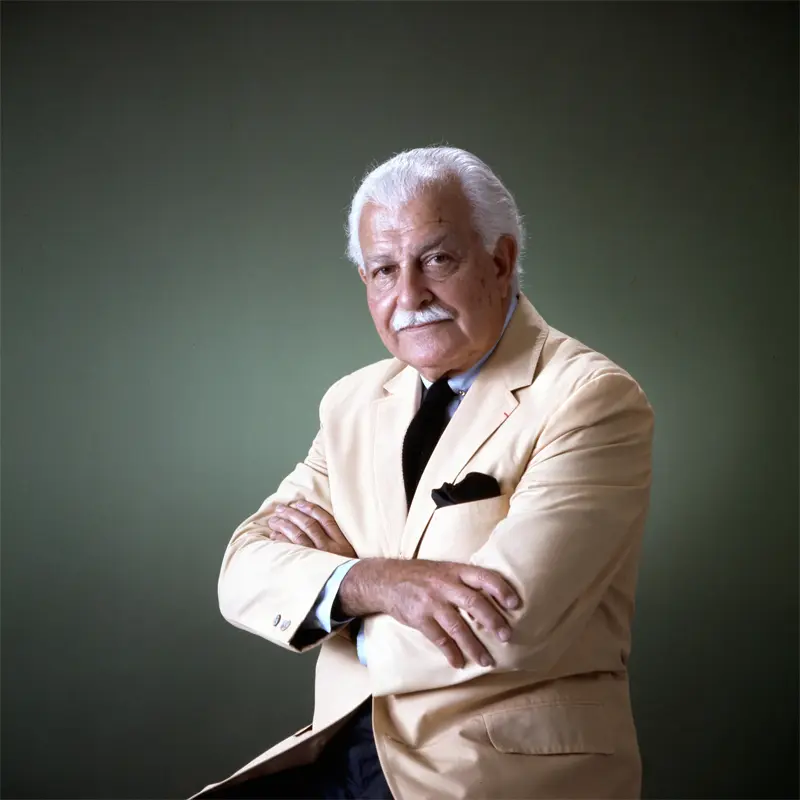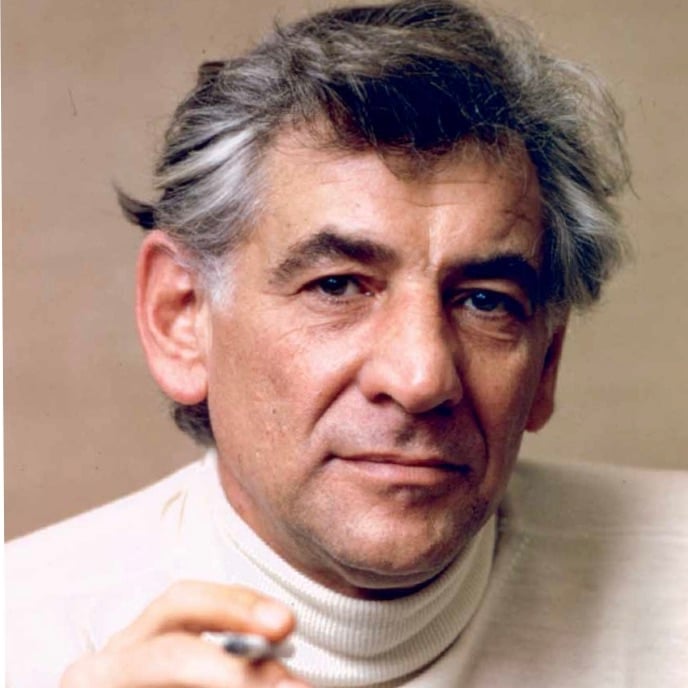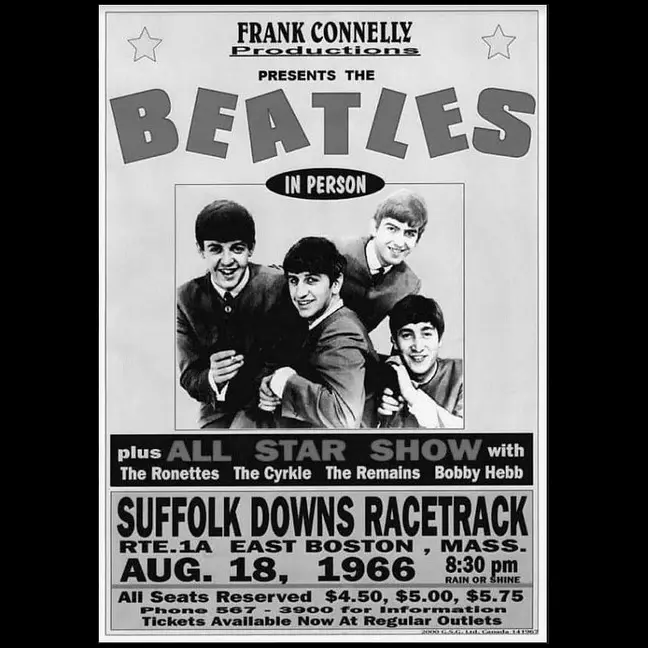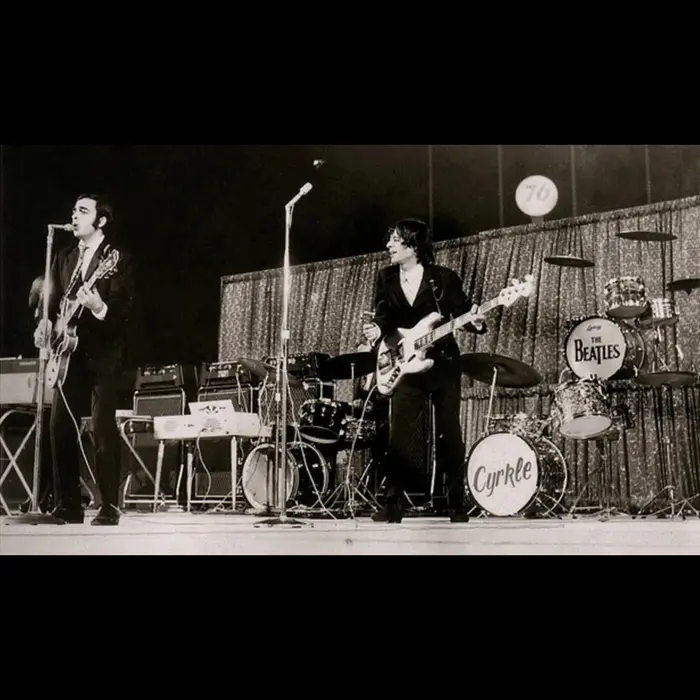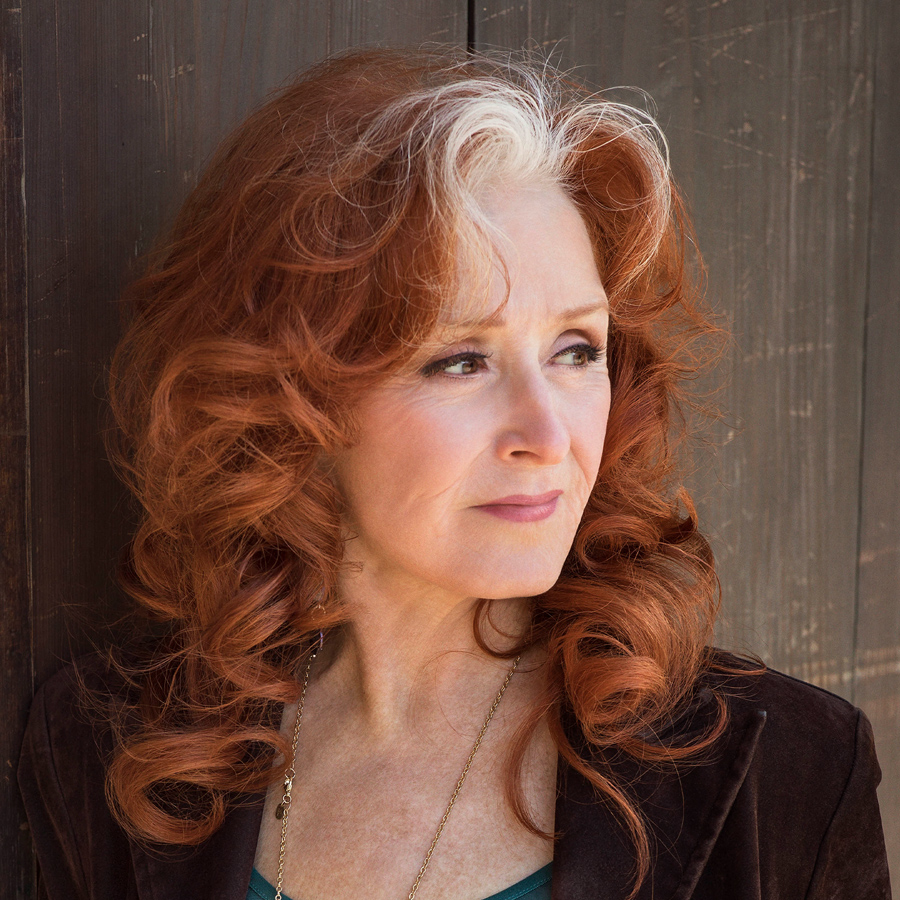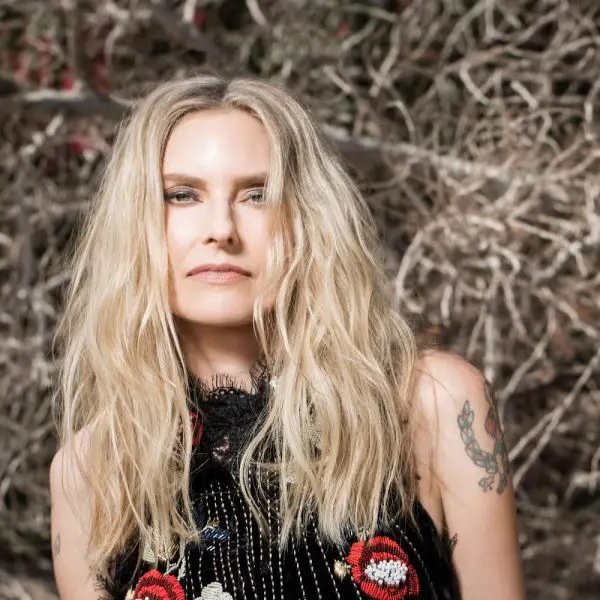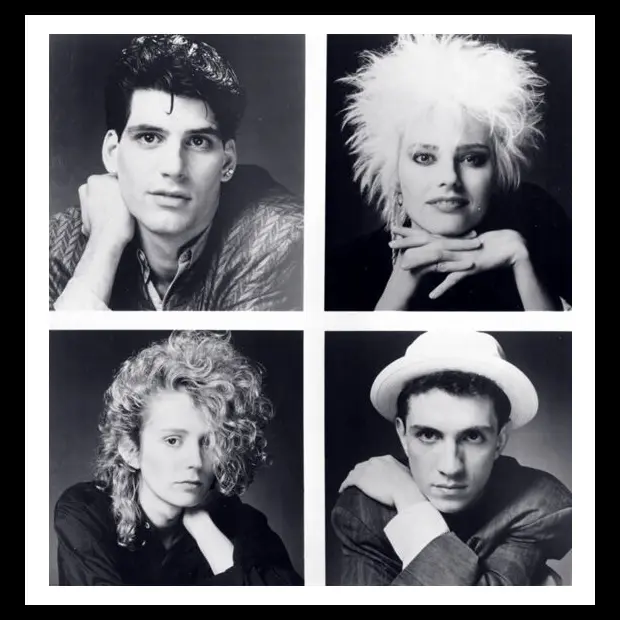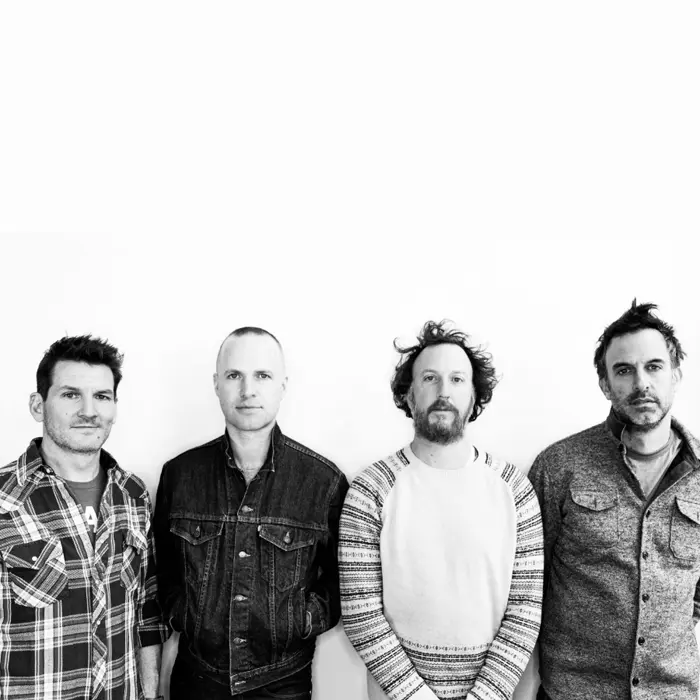Boston Pops Orchestra
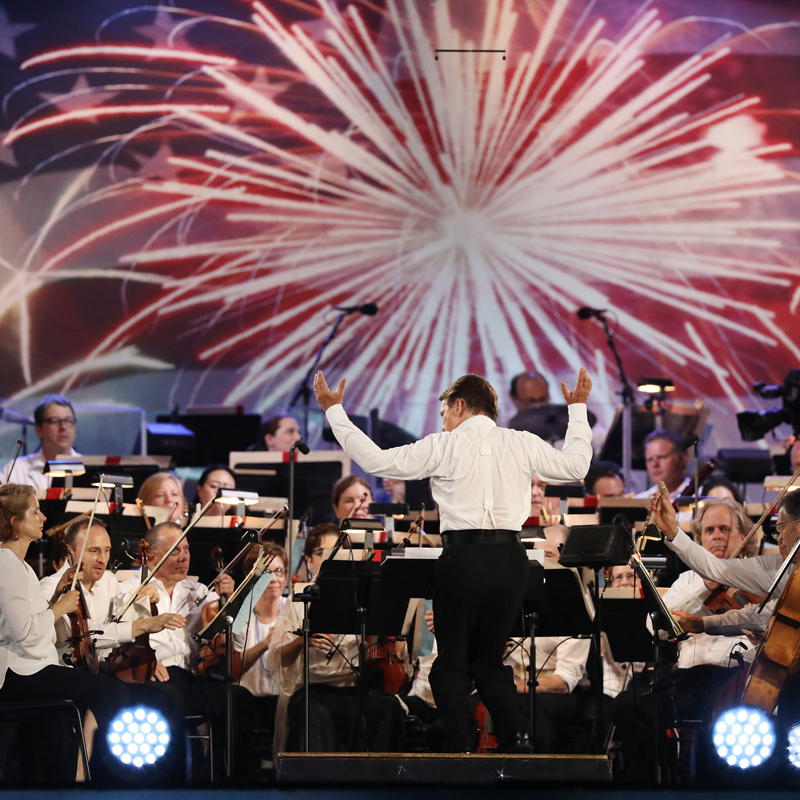
The word “light” can be pejorative when spoken with a certain inflection, like when someone rolls their eyes as they say “light” beer or “light” cigarettes or when Elvis Costello mockingly referred to Van Halen as “Led Zeppelin light” on the Joan Rivers Show in the early ‘90s.
But as anyone who’s seen the Boston Pops Orchestra live will attest, its utterly spectacular presentations of “light classical” are nothing to sneer at, even for air-guitar rockers who prefer Led Zeppelin and/or Van Halen turned up to 11.
OVERVIEW
Founded in 1885 as an offshoot of the Boston Symphony Orchestra (BSO), which was established four years before, “the Pops” as it’s known to locals is comprised mostly of BSO musicians, but usually not the orchestra’s first-chair players. The orchestra performs two programs of “light classical” and popular music at the home they share with the BSO, Symphony Hall, one in the spring and another during the year-end holiday season. For their concerts, Symphony Hall’s floor area is arranged into café-style seating per BSO founder Henry Lee Higginson’s objective to create “the ambiance of summer evenings in Viennese concert gardens.”
In addition to those performances, since 1930 the Pops has played a Fourth of July concert at the Hatch Memorial Shell on the Esplanade, one of Boston’s signature events. Performances include patriotic standards like Tchaikovsky’s “1812 Overture” and “The Stars and Stripes Forever” and a gigantic American flag is unfurled at the finale before an audience of up to 500,000.
ORIGINAL CONCEPT
The original concept behind the Pops was both public-minded and financially practical. Shortly after he founded the BSO in 1881, New York City-born Henry Lee Higginson – a businessman, philanthropist, Civil War veteran, Harvard University patron and trustee of the New England Conservatory who grew up in Boston from age four – wrote that he wanted to present “concerts of a lighter kind of music” for Bostonians. His more pecuniary purpose, however, was to maintain BSO musicians by providing them with summer employment since at the time – over 50 years before Tanglewood became the BSO’s summer home – they had to find other work for six months of the year.
DEBUT PERFORMANCE, BECOMING “THE POPS”
The Pops’ first concert was on July 11, 1885, conducted by German-born pianist Adolf Neuendorff. Originally called “the Promenade Concerts,” they became known to locals as “the Popular Concerts” and then simply “the Pops,” which the orchestra officially adopted in 1900. From the outset, Pops performances featured a mix of classical scores, musical-theatre hits and the occasional novelty number, and its 21st-century programs are almost identical to the original ones in terms of format.
ARTHUR FIEDLER
In 1930, 36-year-old BSO violist Arthur Fiedler began his 49-year tenure as the orchestra’s first American-born conductor. A Boston native who shared his alma mater, Boston Latin School, with Lawrence native Leonard Bernstein, Fiedler worked tirelessly to popularize both classical music and the Pops itself across demographics. He made extensive recordings – the Pops has sold more albums than any orchestra in the world – and frequent radio and television broadcasts, eventually becoming a musical icon all around New England, the greater US and the world.
EVENING AT POPS
One of Fiedler’s most enduring legacies is the series of free concerts that he initiated, called “Evening at Pops on the Esplanade,” held at the Hatch Memorial Shell on the Esplanade, a public park along the Charles River. Contrary to popular belief, Fiedler began these performances six years before becoming the Pops’ conductor when, in 1924, he formed the Boston Sinfonietta, a chamber music orchestra comprised of BSO members that performed at the Hatch Memorial Shell in the summer. That group played at the first event on July 4, 1929 – one year before Fiedler became the Pops’ principal conductor – and has continued annually at the venue since, with the exception of 2021 when it was held at Tanglewood.
FOOTBRIDGE, BICENTENNIAL CONCERT
In 1953, the Arthur Fiedler Footbridge was built near the Hatch Memorial Shell to celebrate the 25th anniversary of the free outdoor performances. In 1976, when the Pops’ Fourth of July concert was nationally televised for the nation’s bicentennial, the 80-year-old, jacketless Fiedler reached rock-star-level fame as he swung his arms above his head with abandon while conducting, swept up in the passion of the moment. Film of him puffing out his cheeks to the beat of the music provided one of the most unforgettable images of the nation’s 200th-birthday celebration.
HOLIDAY POPS
In 1973, Fiedler established another annual tradition, Christmas concerts at Symphony Hall known as Holiday Pops. The program features about 40 performances throughout December and, since the 1990s, a New Year’s Eve concert by the Boston Pops Swing Orchestra. Since 2014, the orchestra has been performing at showings of Christmas movies during Holiday Pops; the first one featured was Home Alone, for which the Pops’ Laureate Conductor John Williams wrote the score.
RECORDINGS, TELEVISION
Fiedler’s other lasting legacies are in recording and television. Under his direction, the sales revenue from Pops’ recordings, including albums, singles and cassettes, exceeded $50 million.
The orchestra’s debut album was issued in 1935 on the RCA Victor label, followed by its first high-fi recording in 1947, RCA’s first long-playing classical album, which was re-recorded in stereo in 1954. Under Fiedler, a number of the Pops’ recordings were released as 45-rpm extended-play discs, beginning in 1949. Fiedler and the Pops recorded exclusively for RCA Victor until 1970, then switched to Deutsche Grammophon for classical albums and its partner company Polydor for pop-music releases before moving to London Records.
As for television, after making regular appearances conducting the San Francisco Symphony Orchestra on the NBC radio program The Standard Hour in the early 1950s, Fiedler introduced entire generations to classical music beginning in 1970 when, in association with PBS station WGBH-TV in Boston, he developed Evening at Pops, recorded during the regular season at Symphony Hall and broadcast weekly. The series continued until 2004, when the BSO decided to stop funding the almost $1 million/episode project. In 1971, he conducted at the nationally televised opening ceremonies for Walt Disney World.
BROADWAY, HOLLYWOOD, THE BEATLES, SATURDAY NIGHT FIELDLER
Wanting to present the Pops as a “light” orchestra and often using a self-mocking conducting style to attract larger audiences, Fiedler had the Pops perform and record music from notable Broadway shows and Hollywood films along with his arrangements of hits of the day, particularly those by The Beatles such as the on the 1971 album Arthur Fiedler and the Boston Pops Play the Beatles.
While the Pops occasionally recorded classical pieces that were not light in the least such as Dvorak’s “New World Symphony,” Fielder’s final album with the Pops was about as light as any orchestra has ever been: Devoted to disco and released in 1979, Saturday Night Fiedler featured his arrangements of songs from the 1978 blockbuster Saturday Night Fever.
JOHN WILLIAMS, POPS-ON-THE-HEIGHTS
In 1979, following Fiedler’s death in July that year, celebrated film composer John Williams was appointed as the Pops’ principal conductor. During his 16-year tenure, he spearheaded the annual Pops-on-the-Heights concerts at Boston College while adding some of his film scores – including those from Star Wars and all four Indiana Jones movies – to the orchestra’s repertoire and conducting the Pops on several top-selling albums. In 1992, he conducted an extraordinary performance featuring Broadway star John Raitt and his daughter, 13-time Grammy winner Bonnie Raitt. Currently, Williams is the Pops’ laureate conductor.
KEITH LOCKHART
In 1995, Keith Lockhart became the Pops’ principal conductor and he remains in the role today. Following Fiedler’s lead, he’s made media appearances, touring and recordings the foundations of his tenure, leading the Pops on nearly 50 national and international excursions, making over 100 television appearances, conducting the Pops at high-profile athletic events and recording 12 albums.
GRAMMY NOMINATIONS, GUEST ARTISTS
Under Lockhart’s direction, the Pops received its first Grammy nominations, held the first national broadcast of its Fourth of July concert and released its first self-produced, self-distributed recordings. Lockhart initiated New Year’s Eve concerts during Holiday Pops and he’s invited a variety of popular-music acts to perform during the regular season including Aimee Mann, formerly of ‘Til Tuesday and Boston-based alt-rockers Guster.
POPSEARCH COMPETITION, HIGH SCHOOL SING-OFF
In 2004, Lockhart created an American Idol-style competition called POPSearch that awards the winner a $5,000 cash prize, a performance with the orchestra at its Fourth of July concert and a place in the orchestra on one of its national tours. Over 7,500 contestants have entered the most recent competitions, submitting YouTube clips on which anybody can vote after registering on the Pops’ website. In 2008, he announced the Boston Pops High School Sing-Off – A Best of Broadway Challenge, for which Massachusetts high school students submit audition videos of their musical-theater vocal performances and the winner appears with the Pops at the Fourth of July concert.
MISSION STATEMENT
Lockhart says the orchestra’s mission is “to perform the best music of the past and present, appeal to the widest possible audience with a broad spectrum of styles – from jazz to pop, indie-rock to big band, film to the Great American Songbook and Broadway to classical – and make it the perfect orchestra for people who don’t know they like orchestras.”
And there ain’t nothin’ “light” about the scope of that, is there?
(by D.S. Monahan)

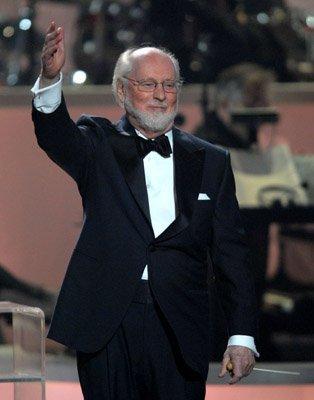
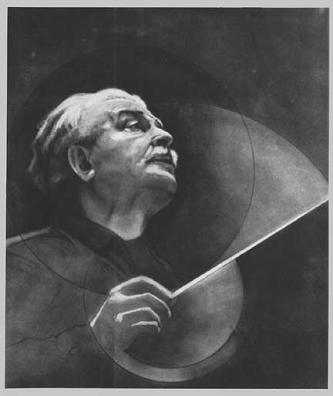
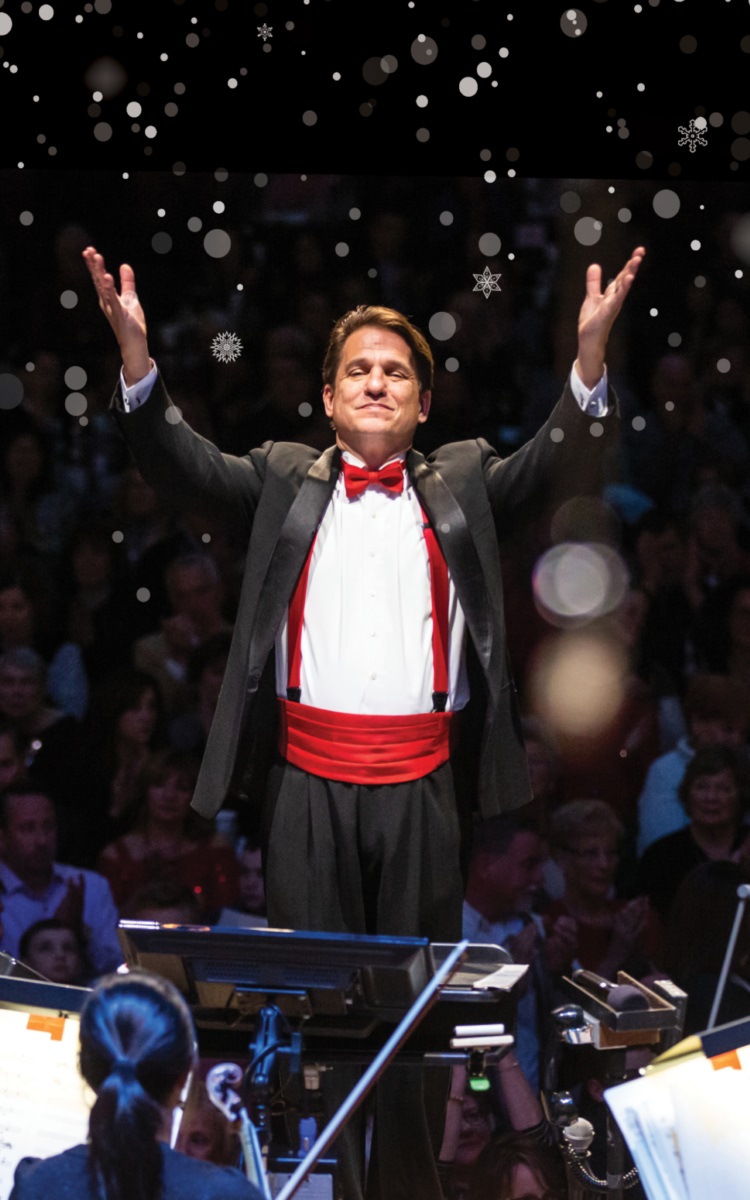
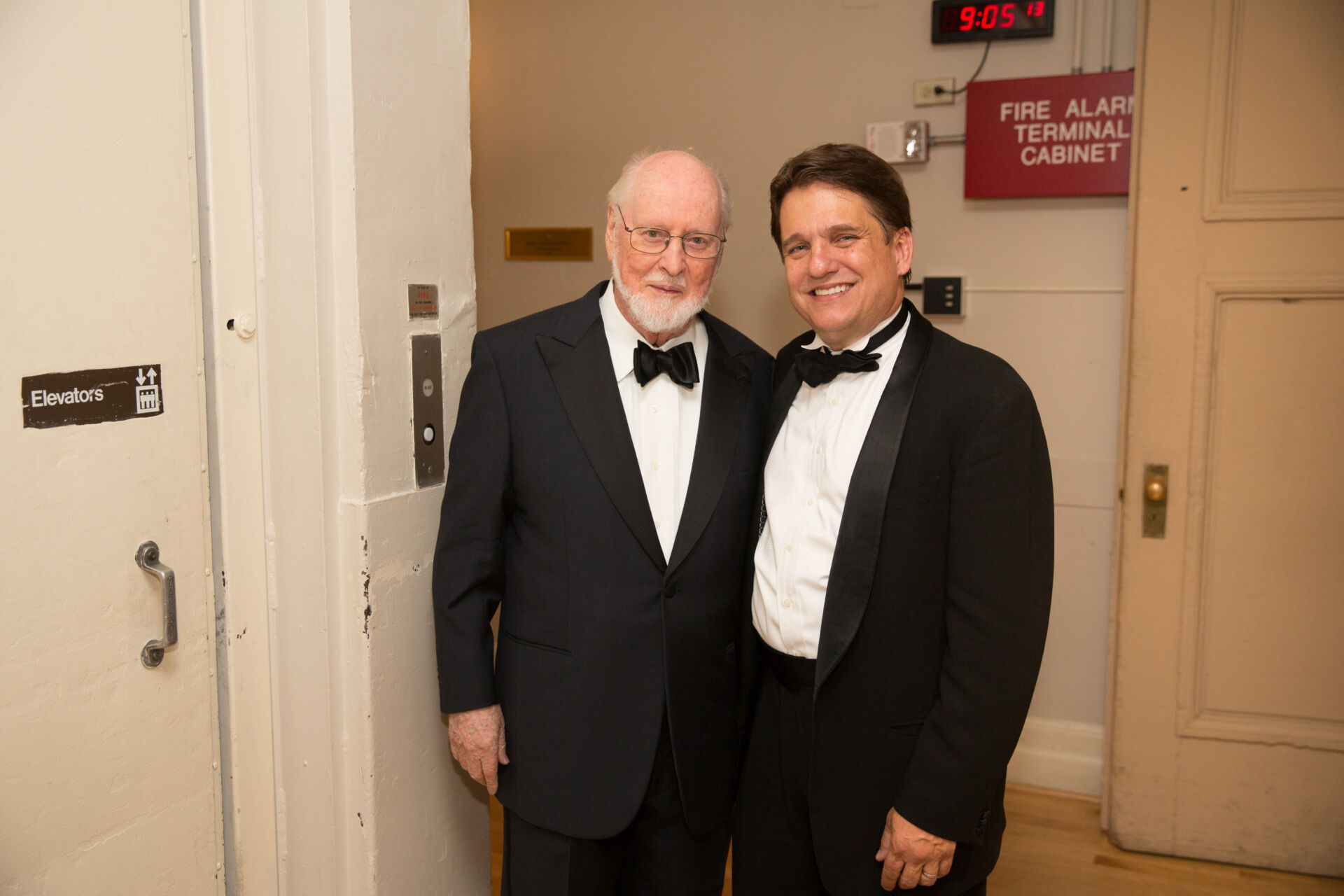
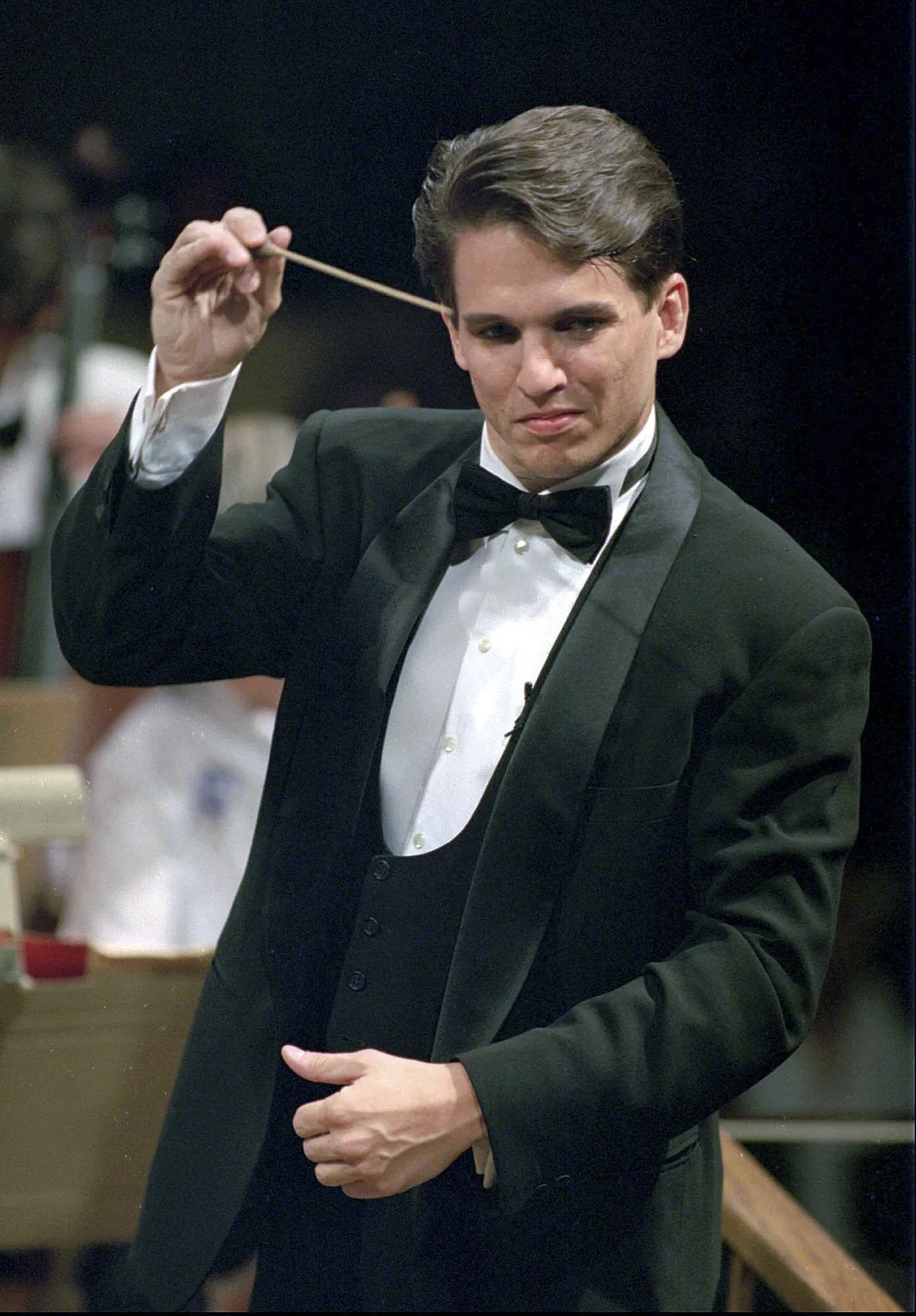
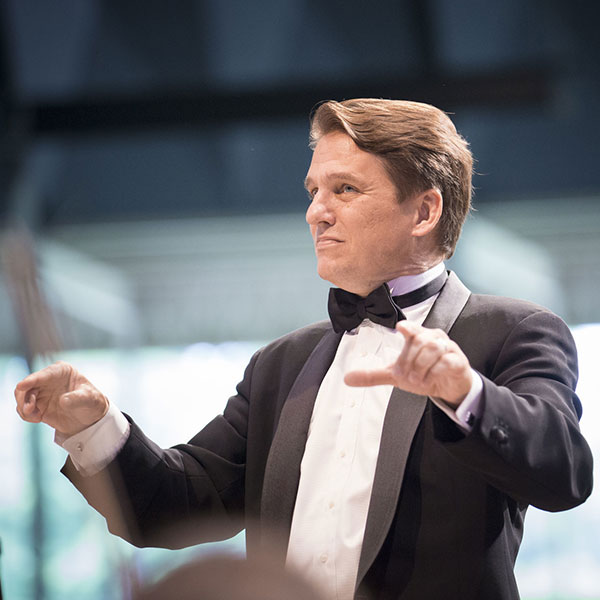
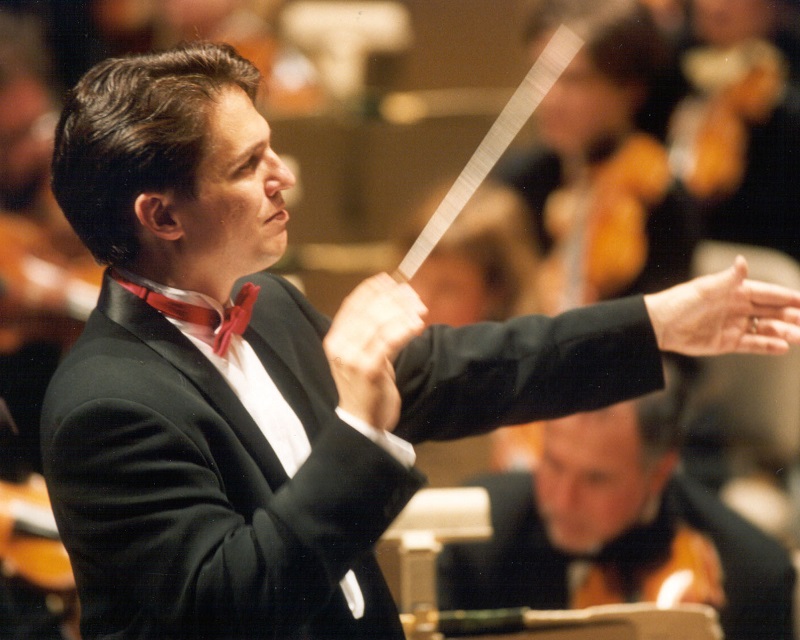
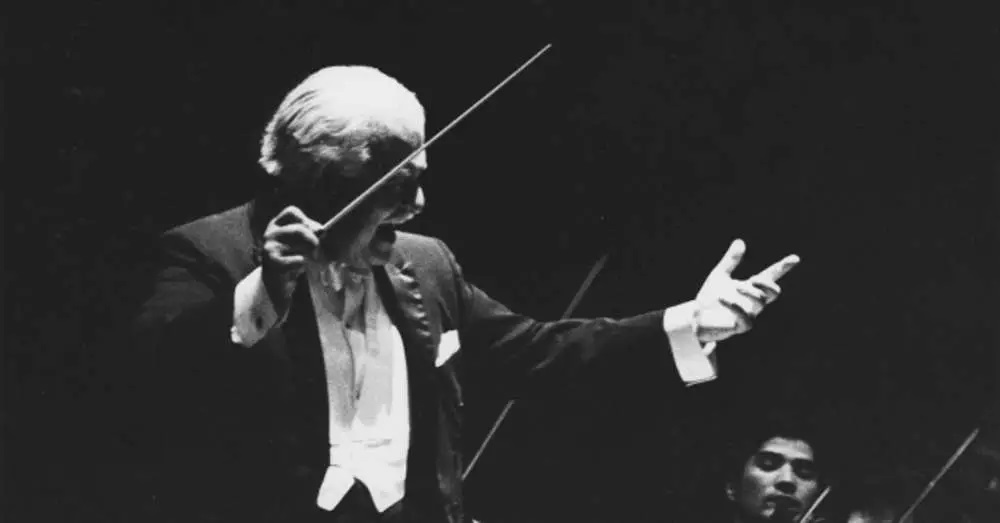
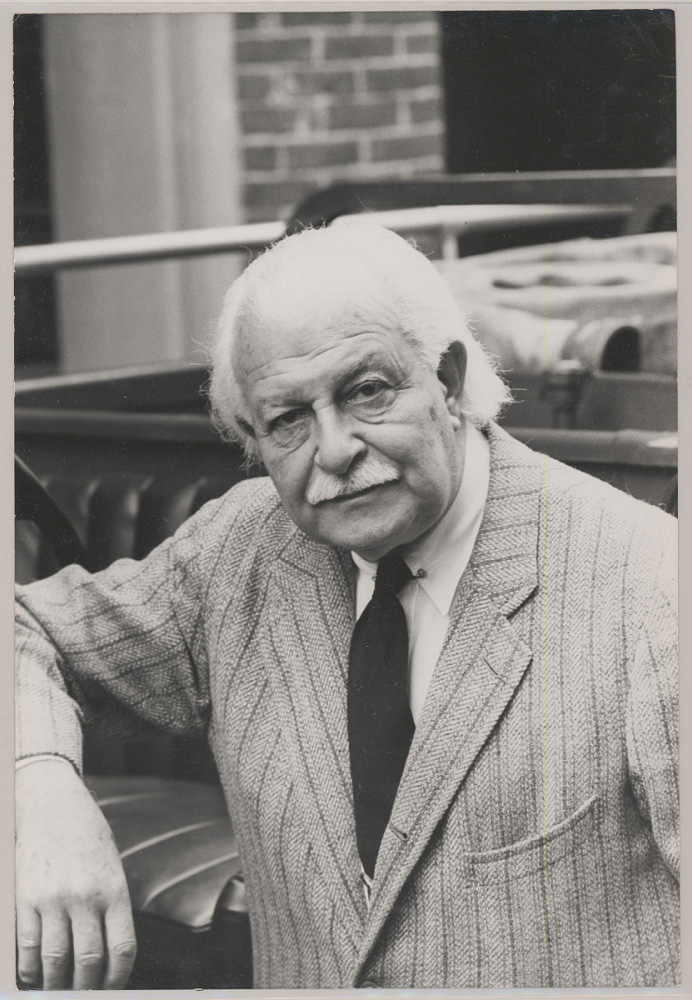
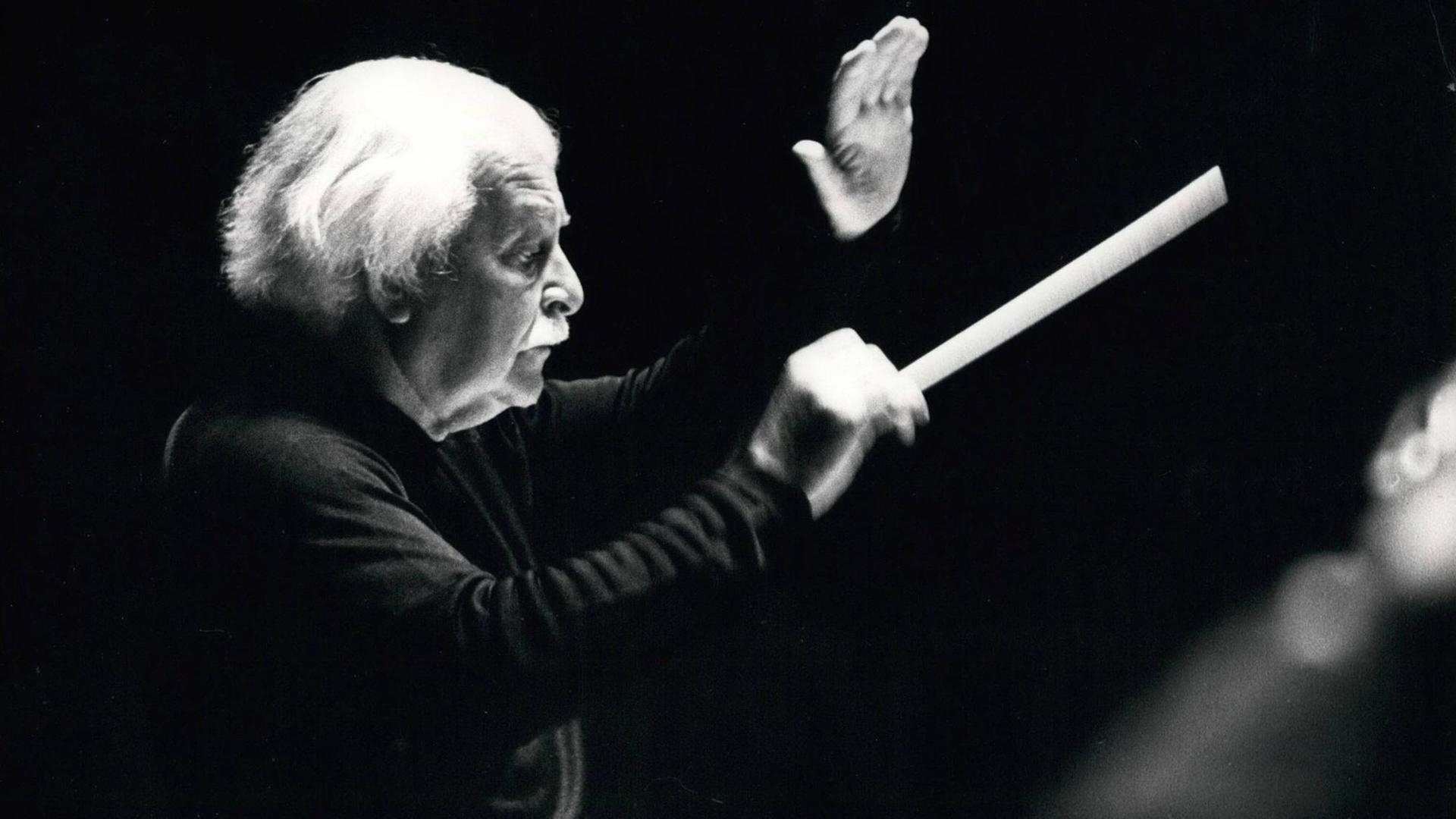
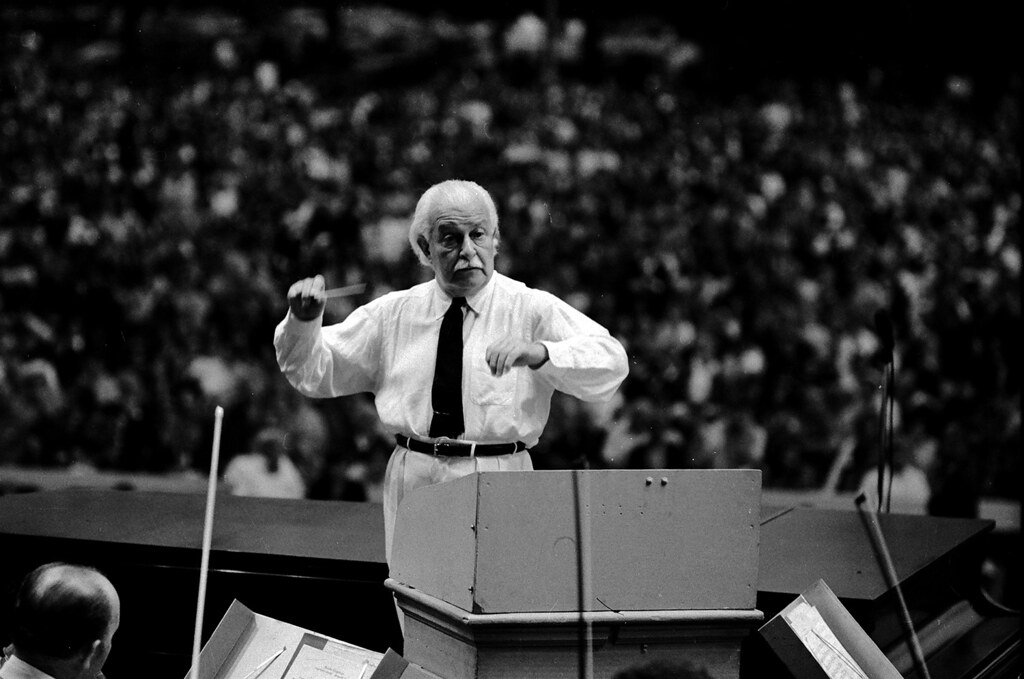
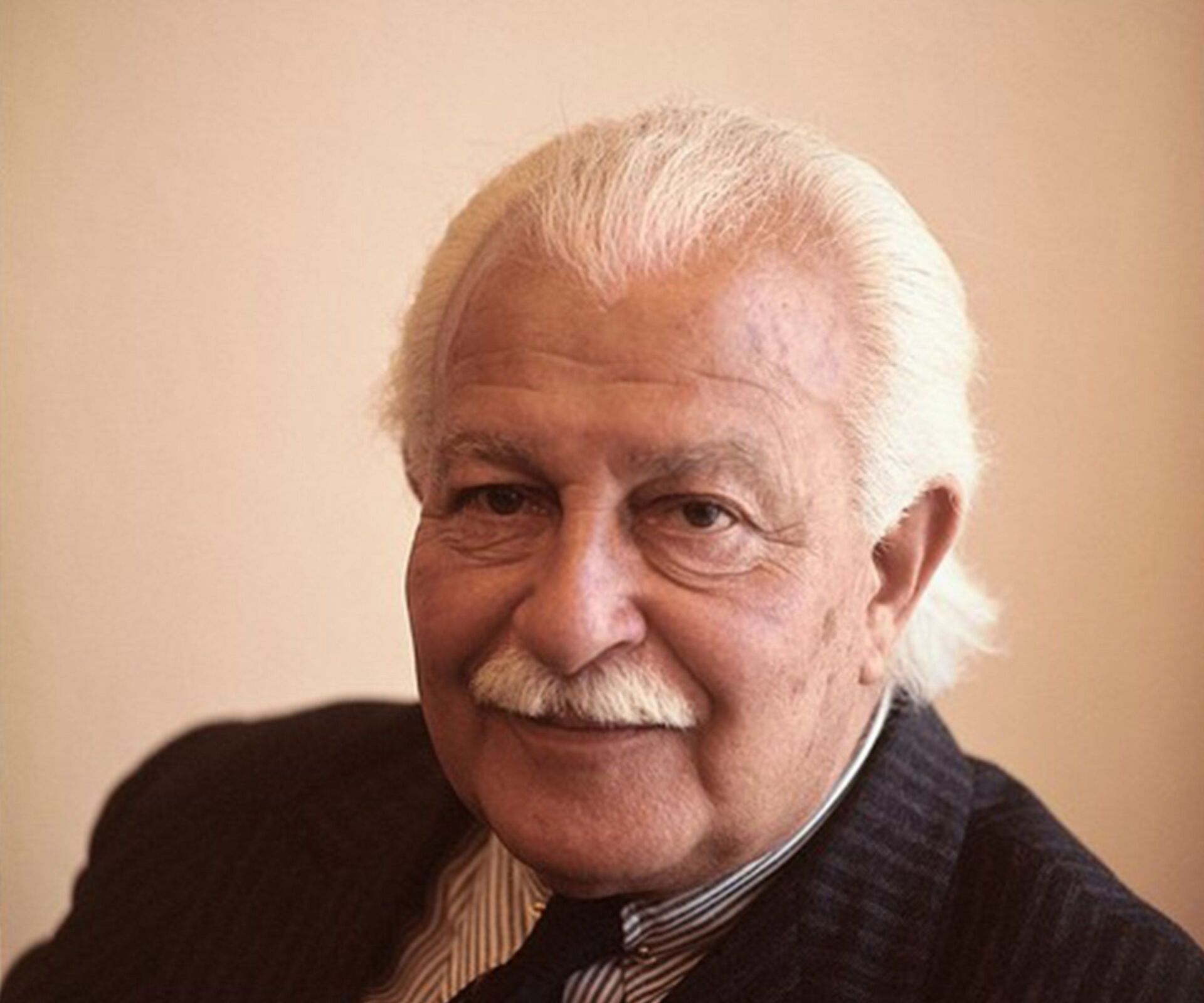
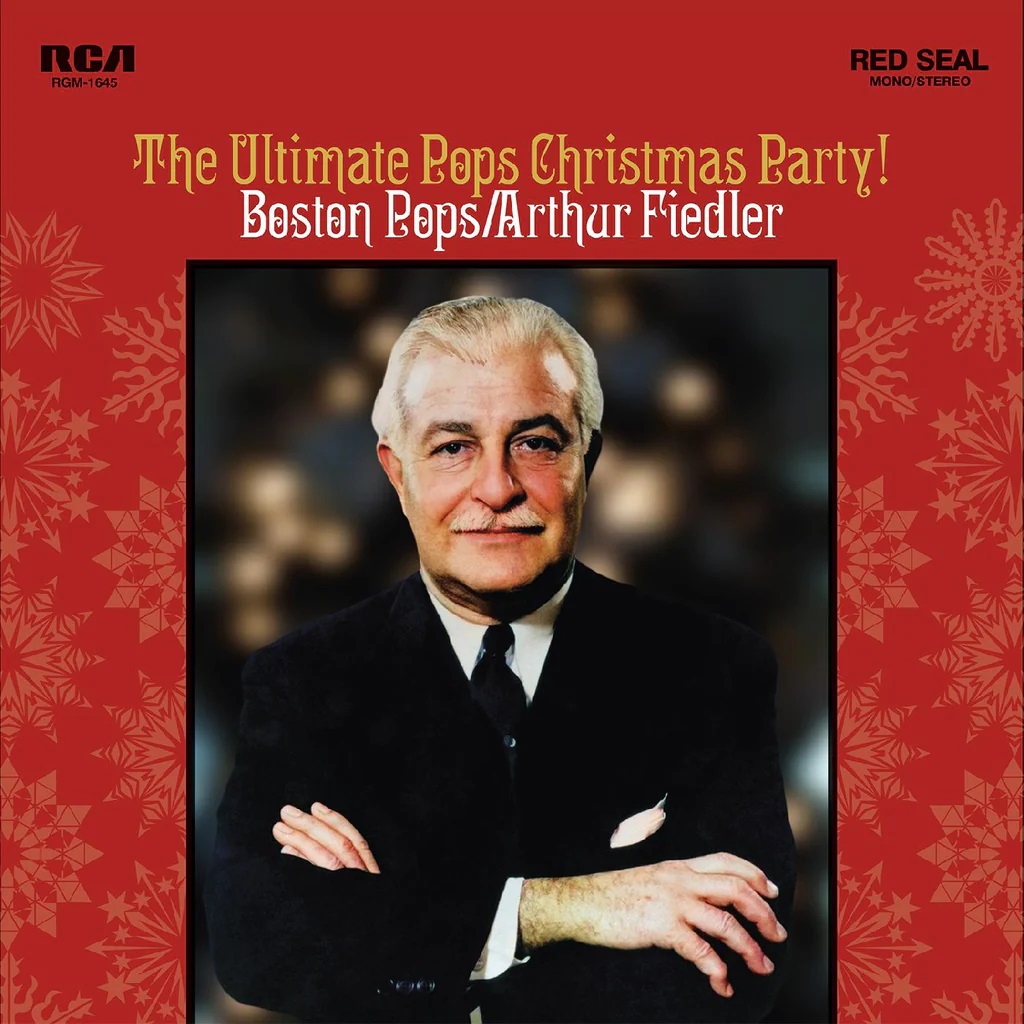
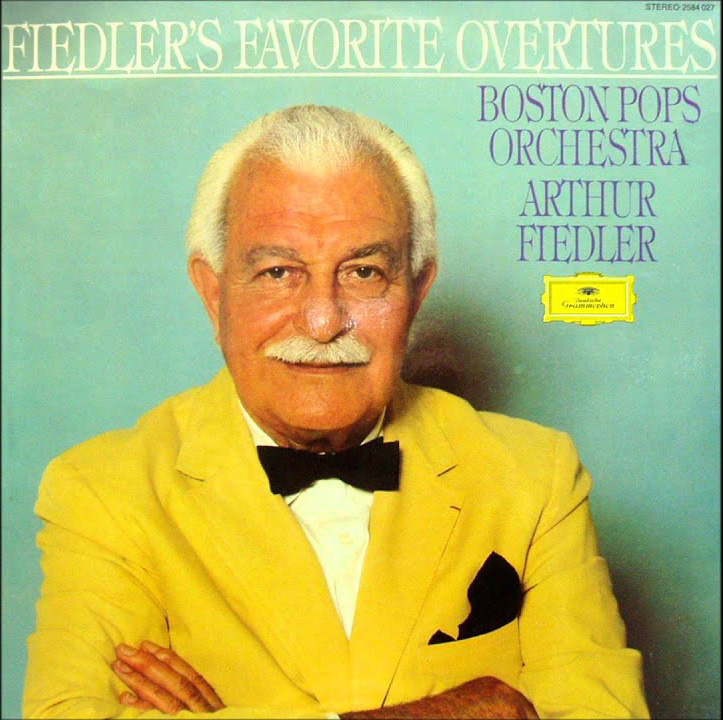
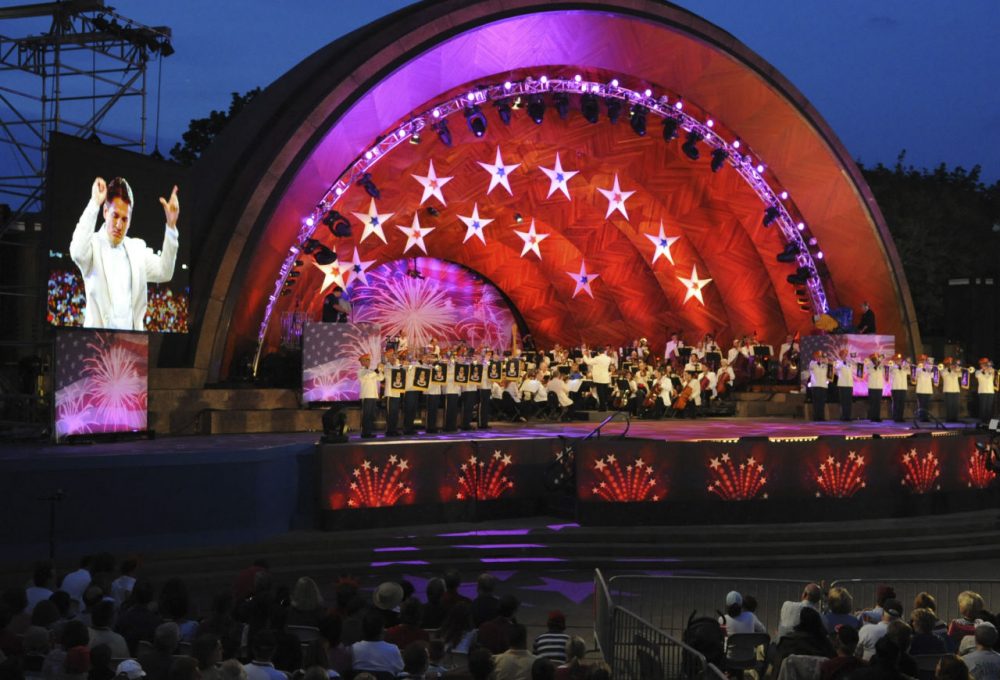
![AdobeStock_83085305 [Converted]](https://www.mmone.org/wp-content/uploads/2012/12/Boston-Pops-02.jpg)
